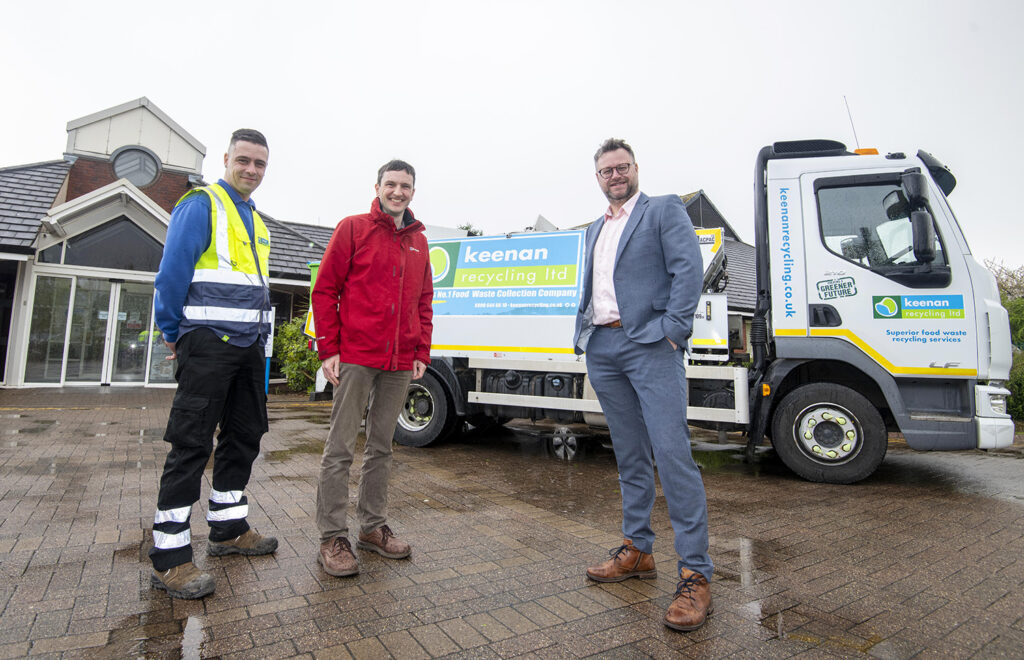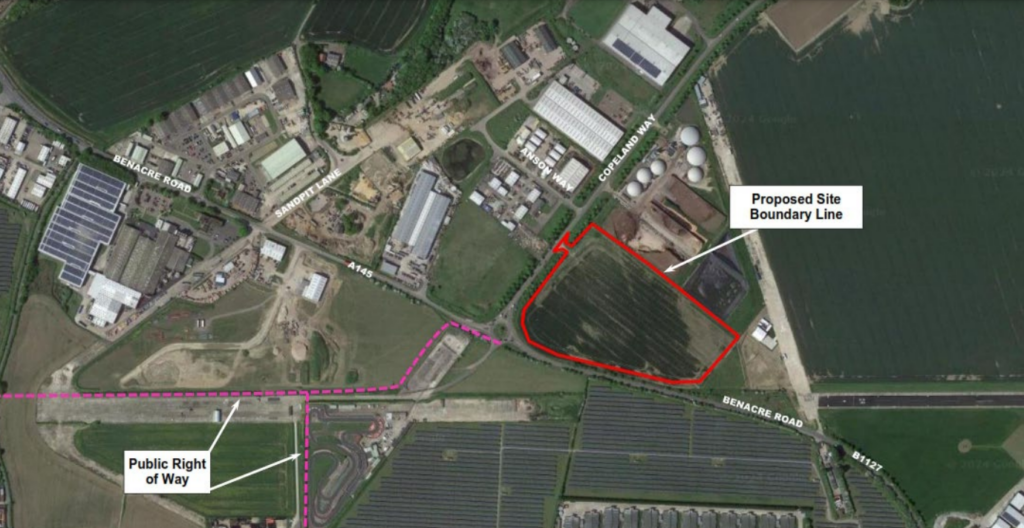The government wants to shake up the system for exemptions from waste management licensing in order to remove obstacles to sustainable waste management. Current composting exemptions only cover operations which take place where the waste is produced or where the final composted material will be used.
But the Department for the Environment, Food and Rural Affairs has proposed that the exemptions should be extended, for example to community groups that do not compost on concrete.
DEFRA also wants to charge for processing exemption applications. Exemption certificates are currently free, but under the new rules groups could be charged 518 in their first year and 440 for each additional year.
CCN coordinator Nick McAllister said: “This rise in processing cost, that is particularly significant for smaller projects often providing care and training facilities for the socially disadvantaged, will be crippling, and may potentially put a stop to a significant number of projects around the country.”
The CCN's comments came after one of its members, WyeCycle, submitted a response to a DEFRA consultation on the proposed amendments to the 1994 Waste Management Licensing Regulations.
Kent-based WyeCycle, which composts 199 tonnes of material each year, said: “Adoption of the proposed amendments as they stand, with regards the suggested fees for exempt sites, will wipe out community composting in the UK.” It explained: “Many community composting sites handle around 20 tonnes a year. A fee of 20 per tonne would shut them down overnight.”
WyeCycle said the proposed fees for sewage sludge would be “roughly the same” as those for community composting and suggested composting exemptions could be more expensive per tonne of waste than waste management licenses for landfills or incinerators. “How can the government justify the existence of a charging system which is inversely proportional to the waste hierarchy?” it asked.
The group proposed the exemption fee should be cut to 40-50 a year in order “for there to continue to be a community composting sector.”
Lower risk
Exemptions apply to “lower risk operations” and are intended to apply a lighter regulatory approach than full waste management licensing requirements. In the consultation, DEFRA said: “Composting has an important role to play in helping to meet government targets on waste diversion from landfill and waste recovery… The proposed revision aims to encourage small scale composting of certain waste types regardless of the source or destination of the waste, while tightening the general rules to protect the environment and human health.”
Its key proposals on composting were:
- Remove the current restriction on the location of composting operations.
-
Waste being stored for less than 48 hours should be exempt if it weighs 10 tonnes or less.
-
The scope of exempted composting activities should be to include screening, chipping, shredding, cutting, pulverising or storage of waste.
-
To have four simple quantity limits applying to four types of composting activities according to their associated risks.
DEFRA added that a fee would only apply to activities composting more than 10 tonnes of waste per year and fees would not apply where compost was made largely from agricultural waste. Exemptions will not compromise the new Animal By-Products Regulations, which must be followed regardless of whether an activity is exempt from licensing rules.










Subscribe for free